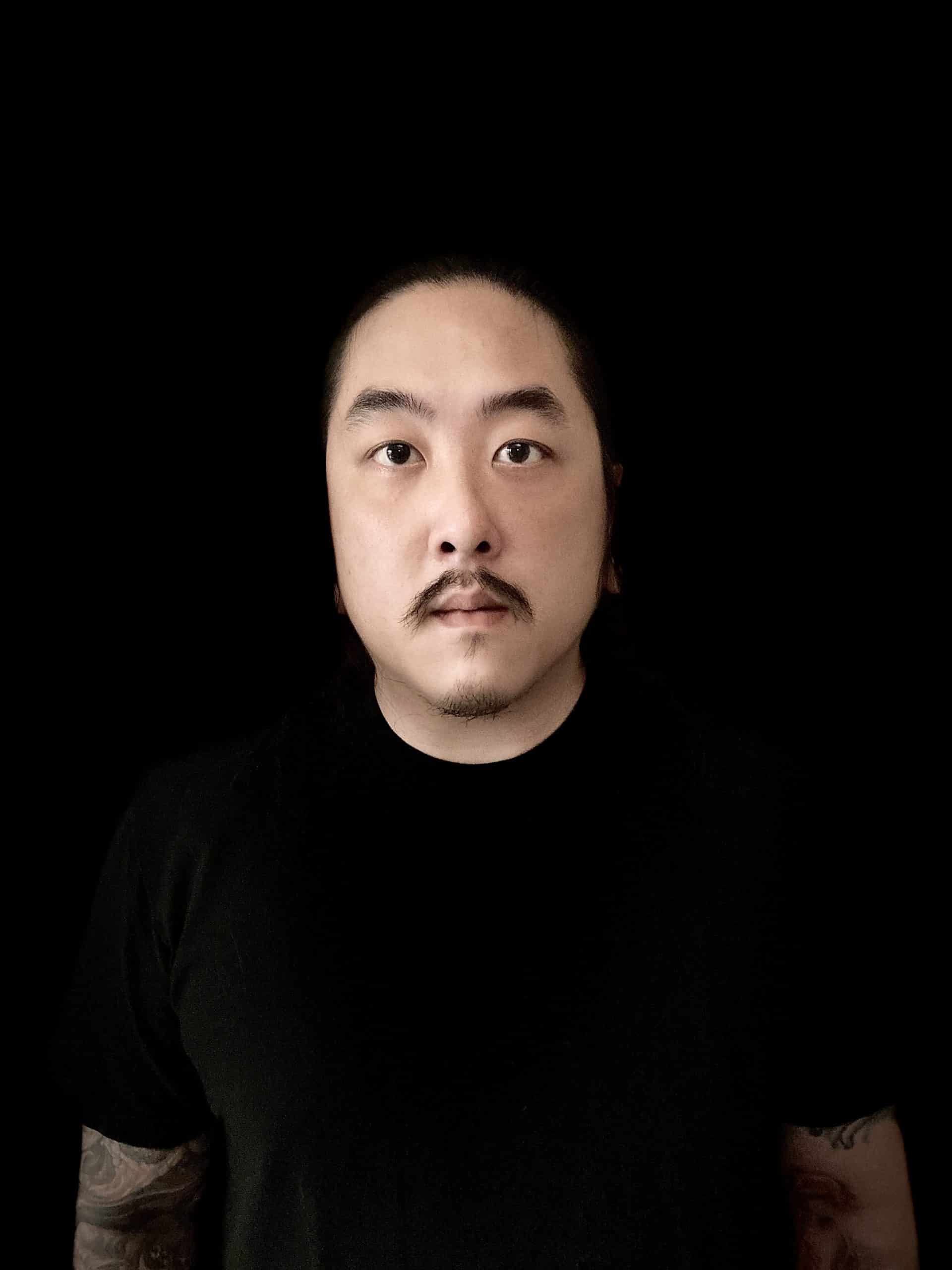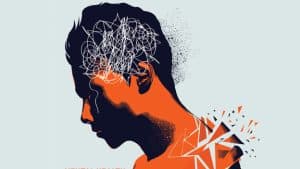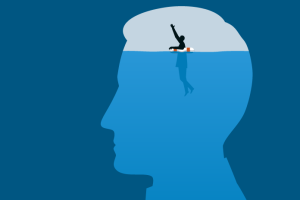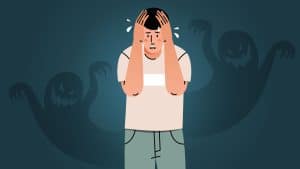Table of Contents
Opening
The male gender being mentally unstable, or suffering from mental illnesses, is commonly known to go against their masculinity and thus creating an impression that they have to deal with their problems on their own, and “be a man”. There exists a situation where men feel that they have no position to express themselves regarding their mental struggles, as they may be deemed weak and no longer a pillar of support for their peers, family, and loved ones. From ages ago up till present day, despite the new age of social expectations, men have been thought of as a gender which exudes strength and resilience, and a stable workhorse for everyone around them. Given this responsibility, these men find it against their nature to show any form of frailty due to the fear of being looked down on or disregarded as strong individuals, based on the generic idea of what they are supposed to be. This is especially prevalent when it comes to men who suffer from mental illnesses.
Granted, more women are diagnosed with common mental illnesses than men, but for them, asking for help and addressing their issues come simpler than the latter. This is in no way discounting the importance of mental health support for women, but to elaborate on the idea that men are programmed, in the public eyes, to feel less just because of their gender and its roles. Just for context, these are quick statistics currently: Three times as many men as women die by suicide, they have lower life satisfaction as compared to women, and seeking help is limited for them. WIth these statistics, we then have a perspective on how men struggle with mental illnesses, and how gender profiling affects quality of life.
Toxic Masculinity And Stigma
Toxic masculinity identifies male behaviours that cause harm to society and men themselves. These include a multitude of traits, which are that they are strong and emotionally hardened, that they reject any form of feminine traits and emotions which may deem them incapable in their own gender, and that they are worthy only when they have power and an accomplished stature in public eyes.
Emotional suppression is one of the main causes of mental illnesses and in a worst case scenario, can lead to extremely serious conditions and outcomes which include self harm and even suicide. Feeling that they have to be steady, strong-willed, and committed to their stereotypes in this reality causes men to evade and not address their mental illnesses, which already exist or can even be caused by the mentioned expectation. When negative things happen, men are taught to simply deal with them with the idea that its easy and right to do so, without addressing the fact that there can be a build up of the internalisation of emotions, thus leading to mental illnesses. They are expected to negate and evade their emotions solely by their own means, and not show any form of weakness or incapability to survive. This is dangerous as it creatses a ticking time bomb internally, which can combust at any time if not addressed.
There are a few genres of stigma for men that cause the development of mental illnesses in them. Stigma in being part of a global society cages up men who want to speak up but cannot, due to them thinking that they will be seen as unworthy of the male species and its self-given prowess. This creates scenarios where men feel that they aren’t supposed to be as human as they need to be.
Another stigma that exists is the one involving the culture that surrounds them. Depending on the culture that men exist in, there are perspectives of how they should act and behave. For example, in Chinese culture, people tend to stray away from men who are suffering from mental illnesses, as they fear that it is contagious in its own way, and more so that because they are incapable of being strong, these men can’t be a positive contributor to their peers and the culture itself.
There is also the stigma related to self-induced conditions. This means that males try their best to internalise their own perspectives of themselves, and impose expectations on themselves due to their experiences and the way they want their individual self to be. This causes a never-ending cycle of self-deprivation, which leads to emotional self-harm as well as the totality of negativity in the way these men see themselves in.
Growing Up And Social Expectations
When boys get hurt, they are just asked to “get up and stop being weak”. When they lose something dear to them, they are expected to “just let go, move on, and forget about it”. Growing up in these conditions pose a significant factor in how boys turn into the men that they are expected to be, both for themselves as well as for society and their counterparts. Growing up in an environment where one is forcibly trained to bash through a wall that should otherwise be hurdled over will affect the way these individuals deal with their mental problems in the future. Going against how they want to feel, and instead following along with how everyone wants them to feel can elevate the habit of always putting others before themselves. This is a good trait, don’t get me wrong, but there’s a fine line between being selfless and being indirectly selfish to yourself. Sometimes the best way to be a concrete form of one’s own reality is to put your emotions first, and from there it will rub off on everyone around you.
From personal experience, I feel that the incubation of mental illnesses start from a young age, which includes mental and social trauma from the people and its environment. We do not have a choice in who we call our family, and that is both a blessing and a curse. The people around us play a huge part in building a persona that just makes sense to ourselves. Reactive emotional attributes affect our idea of how we are programmed to deal with our emotions and situations, and with history of mental trauma coupled with the fear of letting people down, this can lead to an indefinite level of mental stress and conditions.
As mentioned, we do not have a choice on what family we are born into. There are both perfect and imperfect experiences in our childhood. It’s the wide spectrum of situations that we come into contact with growing up, that builds our mindset and teaches us how to feel. With a lacklustre form of proper support and the ability to ask for help, emotional instability grows, and keeps growing until properly identified. As we grow into adults, we have to take our childhood as a guideline on how we pass on our past selves to our current and future selves, bridging a gap between innocence and mental clarity.
Closing
As men, we are programmed to be tough, to be resilient, to support our family and loved ones, to get through our lives fulfilling the unspoken promise of being people who others can and have to depend on. But we are only human. We still feel things, we need an escape, we desire stability. Ask for help, reach out, speak up. Put down your ego, let go of what people want you to be. For once, be selfish and live your life for yourself. There is nothing wrong with showing weakness, because it will only teach you how to come out stronger.
A Word From A Space Between
Dealing with mental health in men comes with many challenges and roadblocks, but if we focus on the things that matter instead of those that inevitably bring us down, we can progress towards a better and more stable quality of life.
Need a helping hand?
Many of the providers practicing in A Space Between are skilled at helping clients navigate depression, trauma, and severe mental illnesses both in men and in women.
Explore our free client-matching service and let us help you find a therapist who fits your unique needs.







